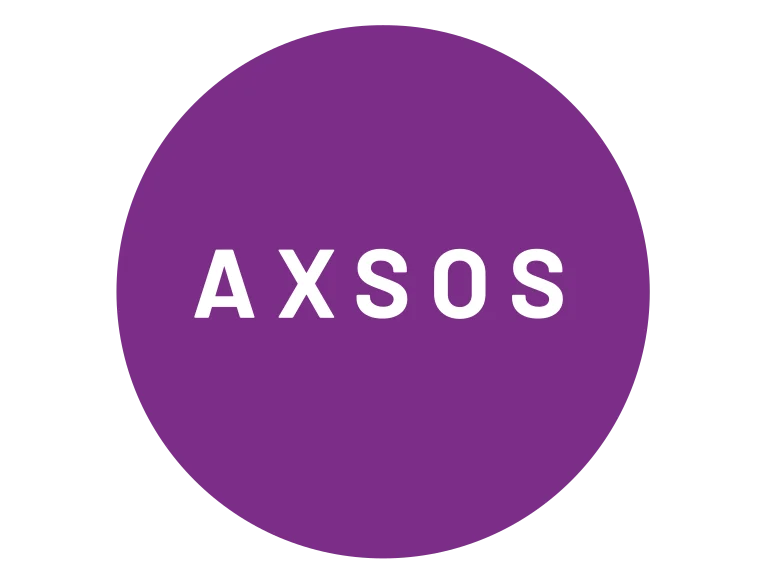Compliance management as a driver for efficiency, trust and future security
Compliance management is much more than just fulfilling legal obligations. In a time of growing uncertainty, digital transformation and global networking, adherence to compliance standards is becoming a strategic success factor.
Companies that use digital compliance solutions turn regulations into competitive advantages - they create trust, secure processes and promote sustainable growth.
Why compliance standards are of strategic importance
Traditionally, compliance was primarily associated with risk avoidance and bureaucracy. Today, however, compliance standards such as ISO 9001 quality management, ISO 27001 information security or the GDPR data protection regulation are essential building blocks of modern corporate management.
You create:
- Orientation - clear guidelines for employees and management,
- Efficiency - optimized processes and reduced error rates,
- Security - reliable structures for data protection, quality and information security.
These standards form the basis for trust - internally between teams and externally with customers, partners and investors.
Standards as the foundation of modern corporate management
What are compliance standards?
Compliance standards define how processes are designed and monitored. They cover all areas of the company - from production and IT to human resources and data protection.
Central standards and guidelines include
- ISO 9001 - Quality management for continuous improvement and customer satisfaction.
- ISO 27001 - Information security management for the protection of sensitive data.
- GDPR - Data protection and responsible data processing as a competitive advantage.
- Industry standards - such as HACCP in the food industry or Basel III in the financial sector.
Digital compliance solutions: Standards implemented intelligently
Modern technologies are fundamentally transforming compliance management.
Compliance software and digital compliance tools for companies - such as the Policy App from Axsos AG - automate the monitoring, updating and communication of policies.
Advantages of digital compliance automation
- Automated policy updates in the event of changes to legal requirements.
- Central control of all guidelines, documents and training courses.
- AI-supported learning functions to actively involve employees in the compliance process.
- Transparent test protocols to provide evidence to supervisory authorities.
Compliance automation turns duty into efficiency - regulation into innovation.
Strategic advantages through compliance management
- Increased efficiency and process clarity
Standardized processes reduce uncertainties and errors. They form the basis for automated workflows and enable a scalable, transparent company structure.
Example:
A production company introduced ISO 9001, thereby reducing production errors by 25%, shortening throughput times by 15% and significantly increasing customer satisfaction.
- Building trust and brand strength
Compliance standards signal a sense of responsibility and professionalism.
Companies with transparent guidelines gain the trust of customers, partners and investors - especially in safety or quality-critical industries.
- Risk minimization and legal protection
A robust compliance management system identifies risks at an early stage and avoids data protection or liability violations.
For example, GDPR-compliant data management prevents costly sanctions and strengthens the company's reputation at the same time.
- Promoting innovation through stable structures
Clearly defined processes create scope for creativity and digital transformation.
Companies that use compliance software integrate new technologies faster and more securely - a key factor for competitiveness.
- Sustainability and resilience
Standards promote resource-conserving, sustainable business practices and make organizations more resistant to market and regulatory changes.
Compliance thus becomes the basis for long-term stability.
Policy management in the digital age
Effective policy management is at the heart of every compliance strategy.
With digital tools for companies, policies can be centrally controlled, updated and rolled out to employees - in a traceable, transparent and audit-proof manner.
This automation reduces costs, saves time and increases the reliability of all processes at the same time.
Conclusion: Compliance as a strategic strength
Compliance standards are not a mandatory task, but the key to sustainable corporate success.
They enable legally compliant processes, promote efficiency and create trust - both internally and externally.
Those who implement digital compliance solutions turn regulatory requirements into competitive advantages.
Managers who take a strategic approach to compliance management not only secure the future viability of their company, but also strengthen their brand, culture and innovative power.
Now is the ideal time to unleash compliance - with modern tools, clear standards and the courage to embrace digital transformation.
